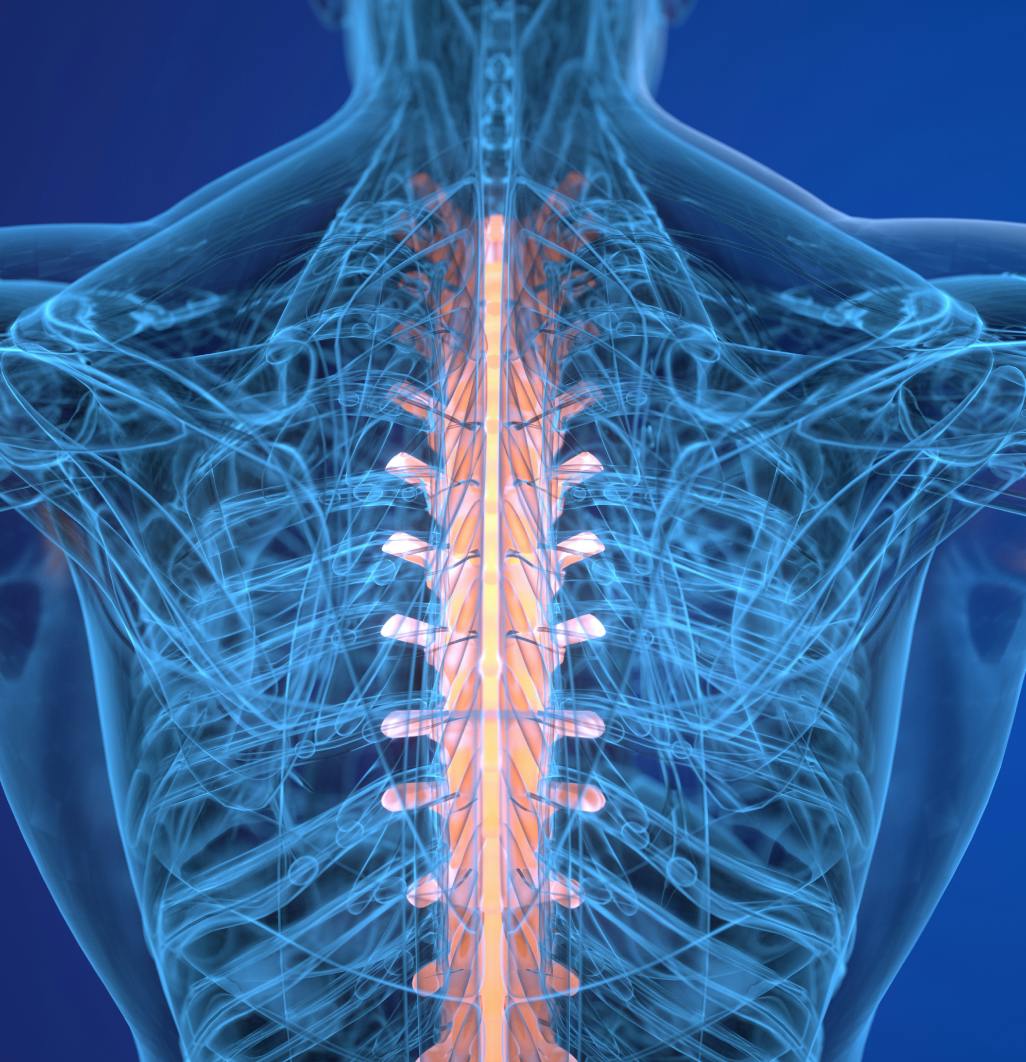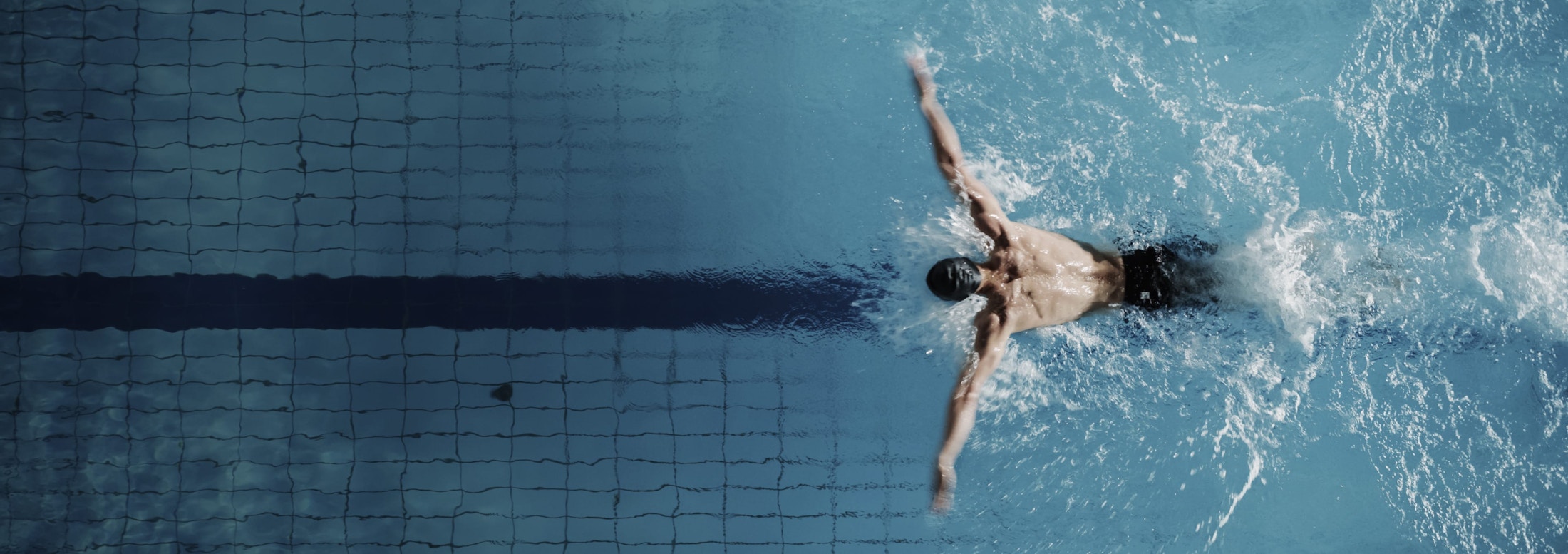Degenerative Disc Disease (DDD) is a common condition that affects many individuals as they age. Premier Orthopaedic Associates specializes in diagnosing and treating DDD, offering a comprehensive approach to help patients regain their quality of life.
What are the symptoms of degenerative disc disease?
At Premier Orthopaedic Associates, the team of experts recognizes that DDD is not a one-size-fits-all condition. The severity of the disease can vary from one person to another, and therefore, a personalized approach to treatment is essential. Symptoms include:
- Chronic back pain
- Neck pain
- Radiating pain
- Worsening pain with movement
- Stiffness




